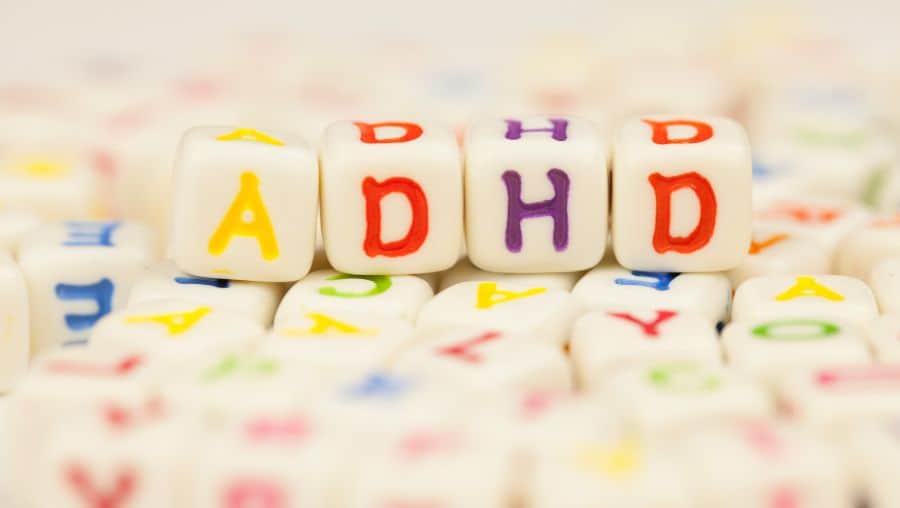The ADHD and Autism Overlap & Differences in Children
As many parents and professionals know, attention deficit hyperactivity disorder (ADHD) and autism spectrum disorder (ASD) often co-occur in children. Recent studies show that approximately 30-80% of individuals with ASD also have ADHD.
However, it’s important to note that both are distinct disorders with symptoms and diagnostic criteria. So how do we distinguish between the two, and why do ADHD and autism overlap so frequently?
First, let’s start with ADHD. This neurodevelopmental disorder is characterized by inattention, impulsivity, and hyperactivity symptoms. These symptoms often result in difficulties with academic performance, social interaction, and daily functioning.
On the other hand, ASD is a neurodevelopmental disorder characterized by deficits in social communication and interaction and restricted, repetitive patterns of behavior, interests, or activities. ASD is also associated with language delays and difficulty with nonverbal communication.
Why Do These Disorders Often Occur Together in Children?
One potential explanation is that they share common genetic risk factors. A 2019 study found that genetic overlap between ADHD and ASD was highest for inattention and social impairment symptoms. Another explanation is that specific symptoms of ADHD and ASD may overlap, such as difficulties with social interaction and communication. It’s important to note that the presence of ADHD symptoms does not necessarily indicate ASD and vice versa. To properly diagnose and treat these disorders, it’s crucial to consider their unique symptoms and characteristics.
While ADHD and ASD can co-occur, they also have significant differences. For example, individuals with ASD are more likely to have difficulties with social communication and interactions, while those with ADHD may struggle more with impulsivity and hyperactivity.
Another difference is that individuals with ASD are more likely to have restricted or repetitive behaviors and interests, which is not a primary symptom of ADHD. Additionally, symptoms of ASD tend to be present early, while signs of ADHD may not become apparent until later in childhood.
What to Do if You Suspect Your Child has ADHD or ASD?
If you suspect your child may have ADHD or ASD, it is crucial to seek a professional medical evaluation. A doctor or psychologist can administer assessments and provide a diagnosis if necessary.
After receiving a diagnosis, working with your child’s medical team is vital to develop a treatment plan that addresses their specific needs. This may include therapy, medication, and educational or behavioral interventions.
Educating yourself about ADHD and ASD and any co-occurring conditions your child may have is also essential. This can help you better advocate for your child’s needs and support their development. Remember that every child is unique and may experience different symptoms. Do not hesitate to seek help if you feel overwhelmed or need guidance in supporting your child.
Choose The Deron School
The Deron School offers a state-approved private school program and services tailored to your child’s needs. If you believe that your child would benefit from our wide array of resources and services, don’t hesitate to contact us with any admission inquiries.
